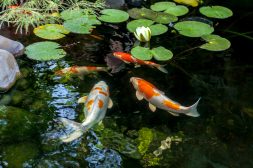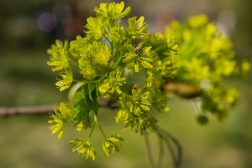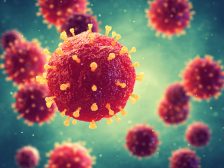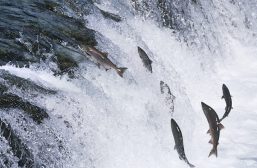Definition
noun
The dextrorotatory form of glucose, and commercially obtained by the inversion of cane sugar or sucrose
Supplement
Dextrose refers to the dextrorotatory isomer of glucose. By dextrorotatory, it means that it is capable of rotating the plane polarized light in the clockwise direction. The other nomenclature is levorotatory, which, in turn, implies the ability to rotate the plane polarized light in a counterclockwise direction. Commercially, dextrose is available and obtainable through the inversion of cane sugar or sucrose. It occurs as a white crystalline that occur in various ripe fruits. Dextrose and levulose are obtained by the inversion of cane sugar or sucrose, and hence called invert sugar. Dextrose is chiefly obtained by the action of heat and acids on starch, and hence called also starch sugar. It is also formed from starchy food by the action of the amylolytic ferments of saliva and pancreatic Juice.
The solid products are known to the trade as grape sugar
D-glucose is a hexose monosaccharide. It means that it is a type of monosaccharide that contains six carbon atoms. Monosaccharides can be classified according to the functional group it has. Glucose is an aldose, which means that it has an aldehyde functional group. In contrast to L-glucose, D-glucose is more biologically active. It serves as an energy source in cellular respiration. It serves as an intermediate in glycolysis. In humans and other higher forms of organisms, D-glucose is used rather than L-glucose in glycolysis because the hexokinase enzyme cannot phosphorylate L-glucose, and therefore the latter cannot be used as an intermediate in glycolysis.
Chemical formula:
- C6H12O6
Also called:
See also:
- glucose
- stereoisomerism
- monosaccharide







